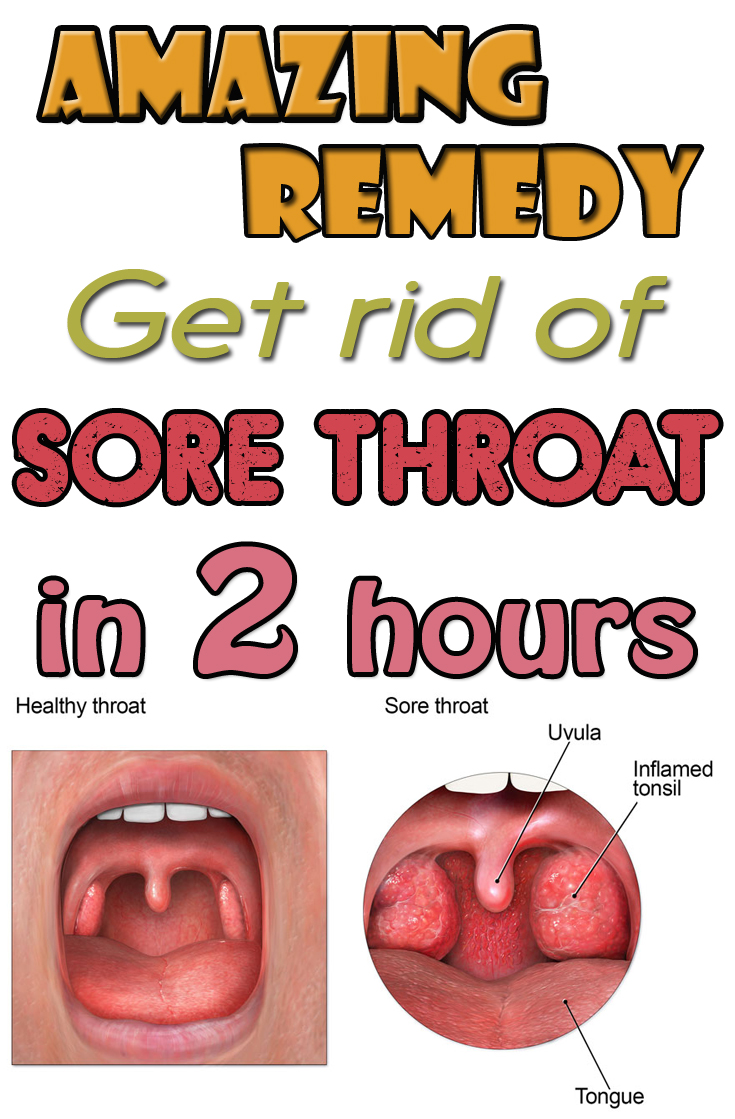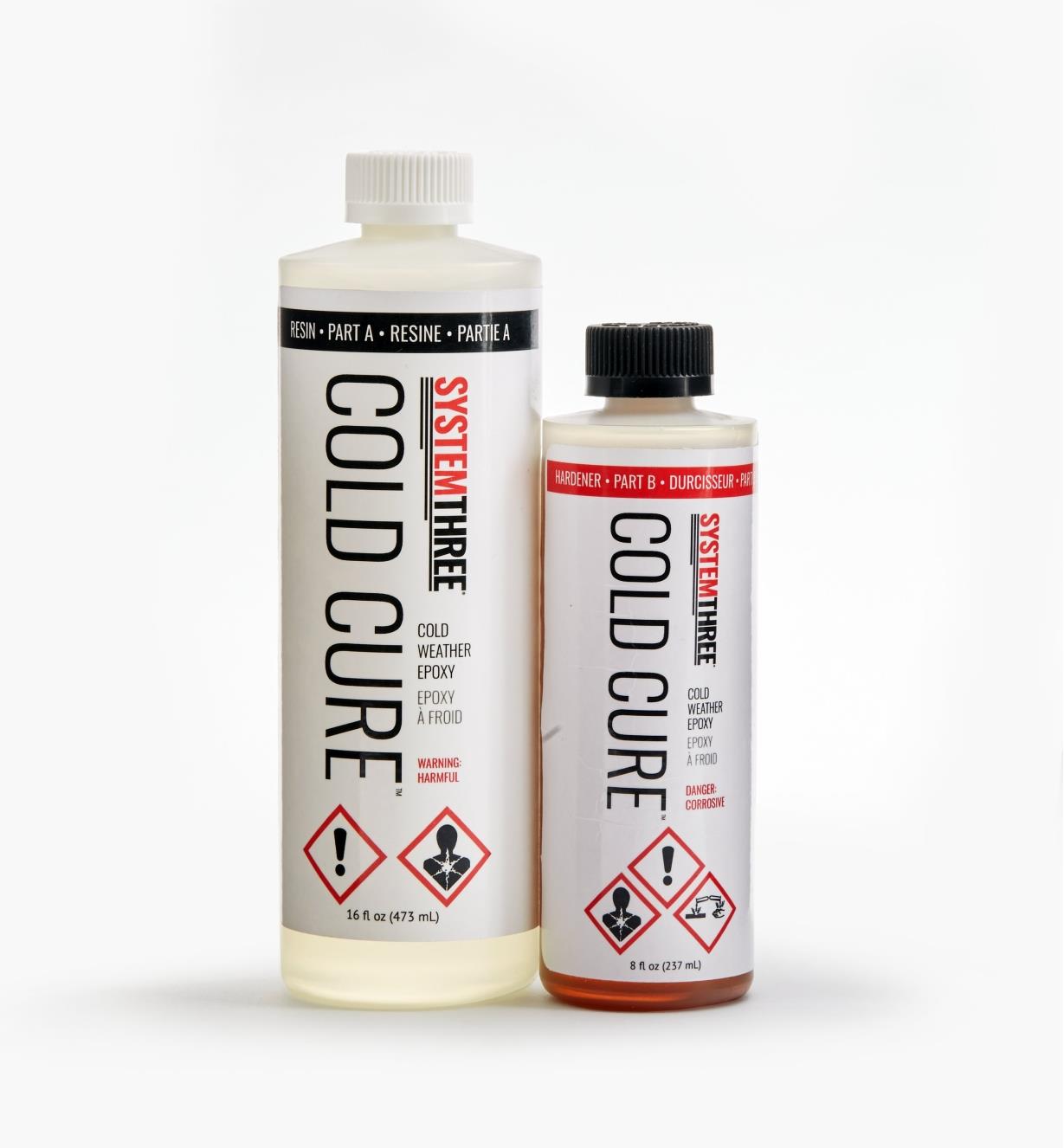Lessons I Learned From Info About How To Cure A Cold Soar

This is most likely because uv rays cause damage to the skin, which can be enough to activate the virus and trigger a cold sore.
How to cure a cold soar. How to get rid of a cold sore learn about the causes, treatment and prevention for a pesky cold sore. There is currently no way to get rid of cold sores quickly, but these treatments can reduce the symptoms:
Some are topical (meaning that they are creams or ointments rubbed directly on the sore), and others are taken in pill form. Who should see a dermatologist for a cold sore? When a cold sore really stings, you may get.
You can numb the pain if you apply a cold compress to the sore. However, antiviral creams are available over the counter from pharmacies without a prescription. Some are available without a prescription (over the counter), and others require a prescription from a doctor.
Treating cold sores. Wrap a cube of ice in a wash cloth and hold it against your cold sore. Lemon balm, also known as melissa officinalis, is an herb that’s part of the mint family.
Unfortunately, there's no cure for cold sores, and it can take between two to four weeks for a cold sore to heal on its own. Milk of magnesia is available over the counter at pharmacies. Place a drop of milk of magnesia on your sore up to 3 times a day.
Use a clean finger to apply a drop of milk of magnesia onto the sore and the area around it. A cold, damp cloth may ease symptoms and help remove crusting. If used correctly, these can help ease your symptoms and speed up the healing time.
Here are three things that can help soothe a cold sore or make it clear up faster: Cold sore remedies oral antiviral medications: This can help the sore feel a little less irritated and look a little less red.
Many people start with this common otc option and use it until. Cold sores usually clear up by themselves without treatment within 7 to 10 days. Oral medications for cold sores include:
In fact, a cream combining. 2 wear lip balm with a broad spectrum (protection against both uva and uvb rays) of at least spf 15. There's no cure for cold sores, but treatment can help manage outbreaks.
They can also affect your cheeks, nose and chin. To reduce the number of outbreaks, some people who get frequent cold sores take a low dose of antiviral medication every day. Creams with lidocaine or benzocaine may offer some pain relief.


















